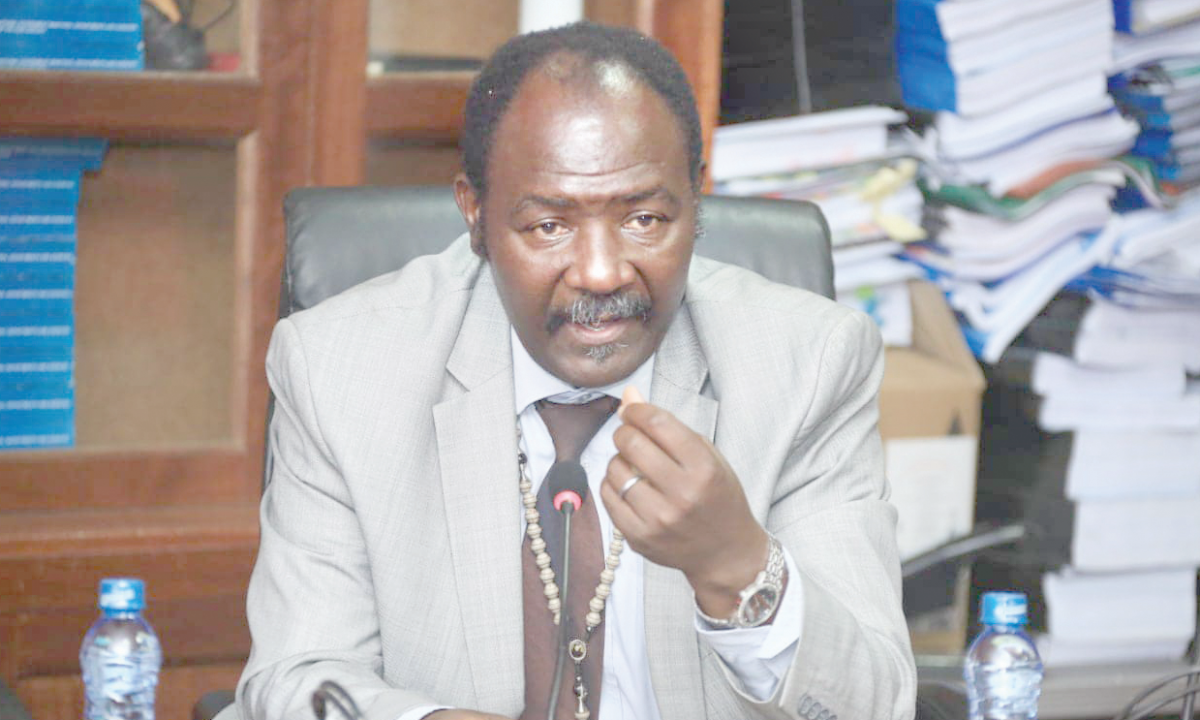MPs reject Bill to remunerate village elders
By Mercy.Mwai, November 1, 2023A House committee has rejected a Bill that sought to recognise village elders.
The National Government Coordination Amendment bill 2023 had sought to recognise and remunerate village elders who perform national government functions.
Reads the Bill: “The national government shall ensure that the establishment of the village councils and appointment of the village elders and accords them with the requirements set out for establishment of village councils and appointment and village elders as set out under section 53 of the County Governments Act.”
The departmental committee on Administration and Internal Security said that the need for the creation of village administrative units and establishment of additional offices should be dependent on necessity as determined by the Ministry of Interior and National Coordination and the availability of funds.
The committee chaired by Narok West MP Gabriel Tongoyo said the bill sponsored by Malava MP Malulu Injendi seeks to enact legislation which is already in place and should not be passed by the house.
Reads a report of the committee: “The committee having scrutinised the bill, recommends that the house should not pass the bill as it seeks to enact legislation which is already in place.”
In its arguments, the committee noted that by dint of section 14 (3) of the National government coordination act, the law already permits the national government to establish administrative units under section 48 of the County Government Act.
The decision of the committee came after Interior Cabinet Secretary Kithure Kindiki told the committee that already the ministry has initiated the process of retransmitting the draft National Government coordination amendment bill 2021 which addresses the involvement of the village in public governance to the office of the attorney general for drafting and advisory purposes.
The bill which was drafted and approved by the cabinet in 2022 was not enacted into law as it lapsed when the new administration assumed office.
Kindiki further noted that his office has constituted an ad hoc committee to formulate the policy and institutional framework to regulate additional national government administrative units and determine financial implications in the involvement and recruitment of the village elders in public governance.
He said: “The amendments to the existing National Government Coordination act 2013 by the National assembly are minor and specifically on the involvement of the village in public governance, while the government -sponsored draft proposed amendments to the act is substantive. Therefore, it is the ministry’s view that the private member bill be deferred or await the redrafting of the proposed amendments.”
But despite the move, Injendi defended the bill saying it should be passed as it will recognise village elders as they play important tasks of the government and are the first point of contact yet they work on a voluntary basis.
He noted that while the National Government Act recognises county commissioners, their deputies and assistants as well as chiefs and sub chiefs, it does not provide for village administration and village elders who are party of the administration and village assistants who are also part of the administrative officers in charge of the National Government service deliver coordination units established under section 14 of the principal act.
He proposed that the village elders be paid at Sh3,000 so that they can be motivated just like the village administrators who are remunerated by the county governments.
He said: “Supposing each of the about 9,045 assistant chiefs had three village elders then there would be approximately 27,135 village elders and supposing each one received an allowance of Sh3000, the cost would be Sh8,100,000 per month and Sh976,860,000 annually.”
The National Gender and Equality Commission (NGEC) also supported the creation of the position of village elders to perform national government functions saying special interests’ groups including older persons will benefit from them.
Said NGEC: “The commission contends that the proposed amendment seeks to ensure the principle of equality and inclusion in line with the constitution.”
